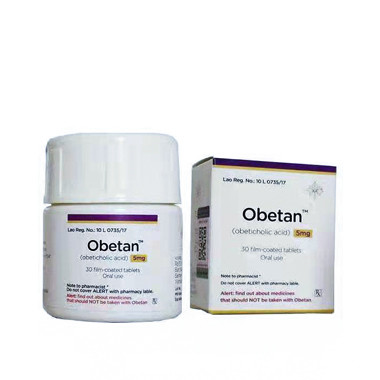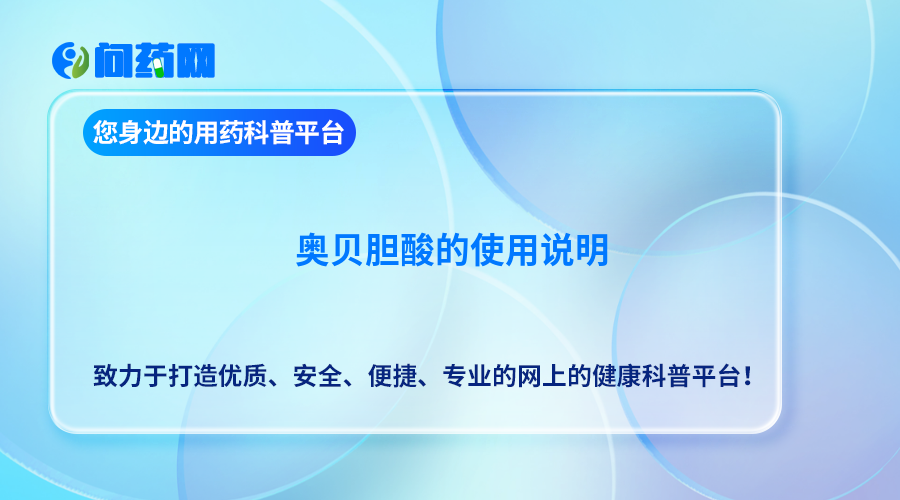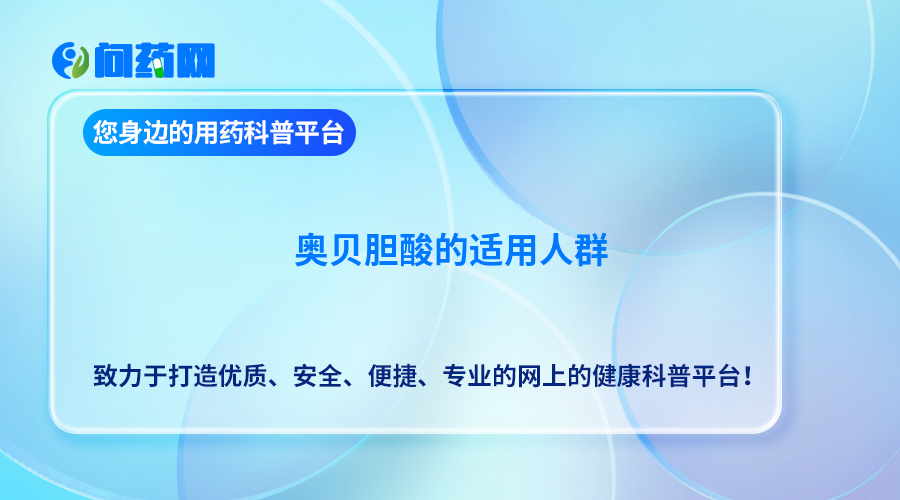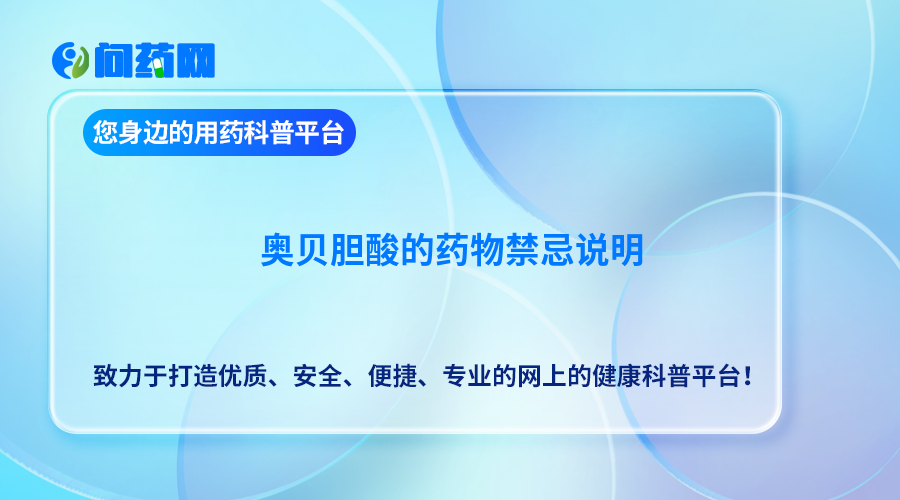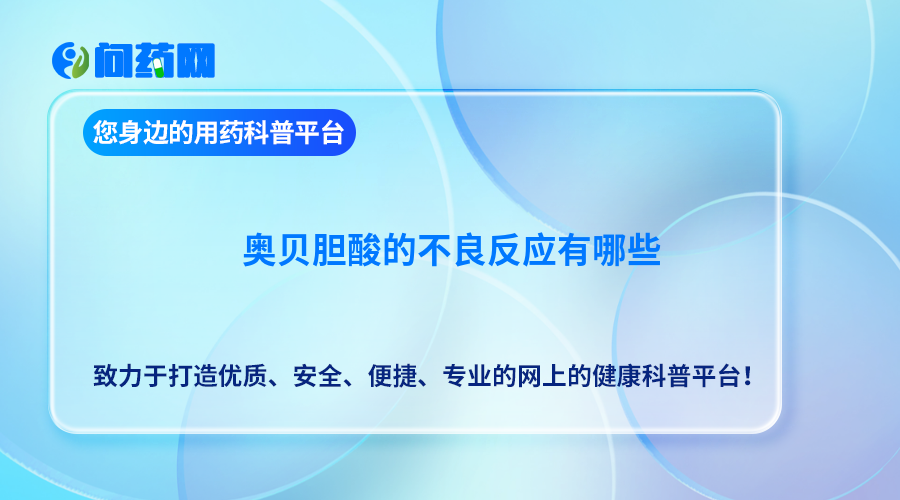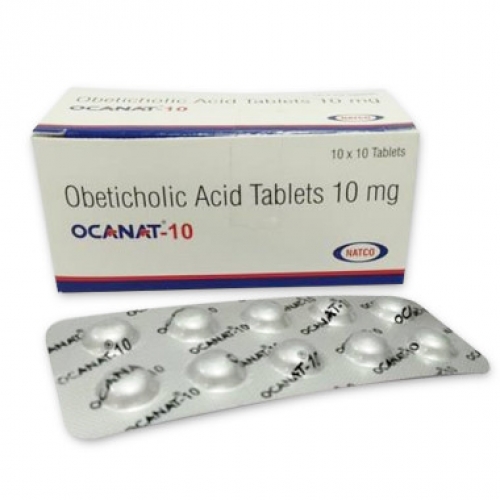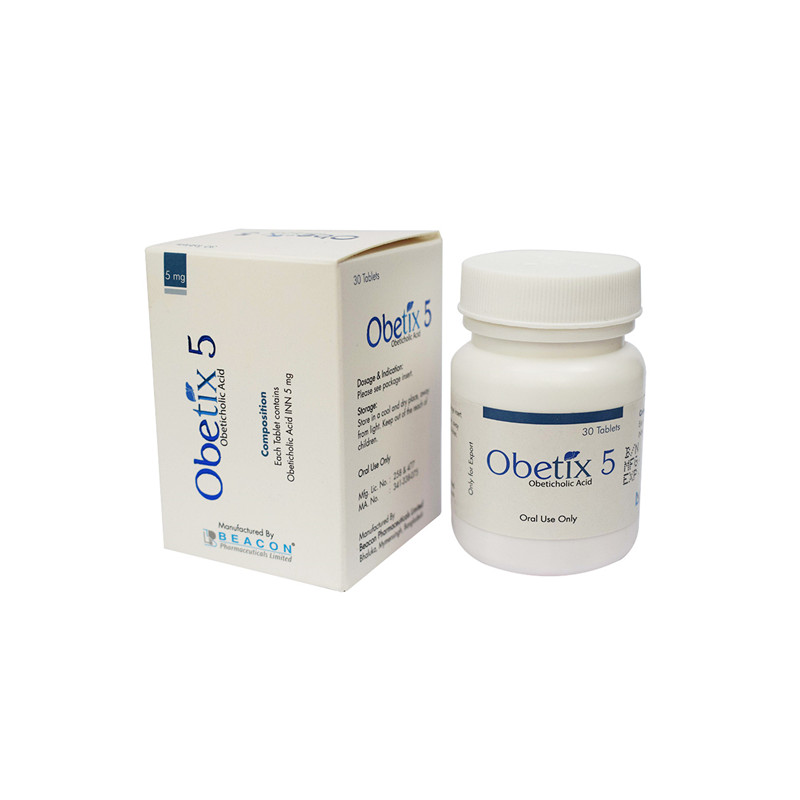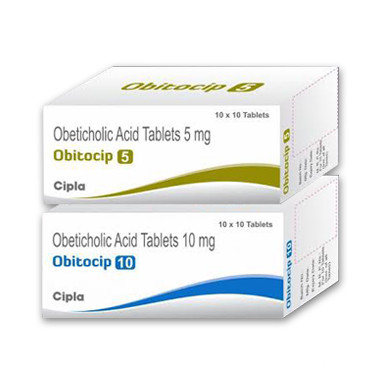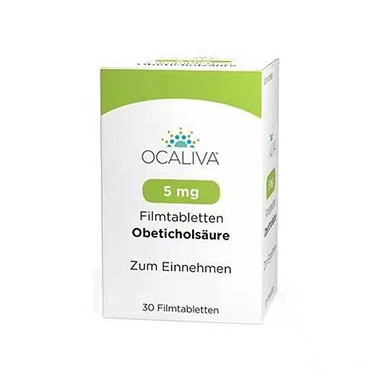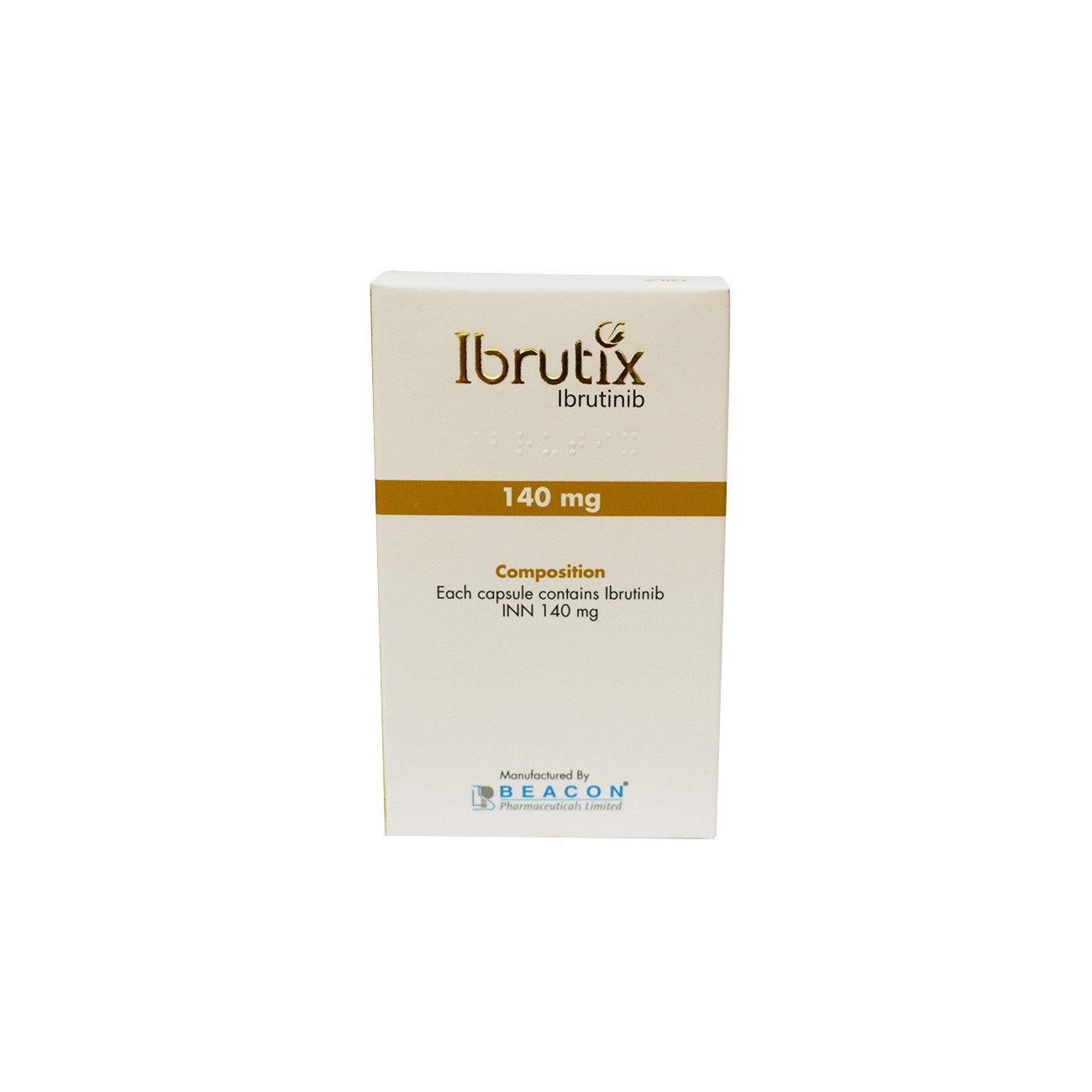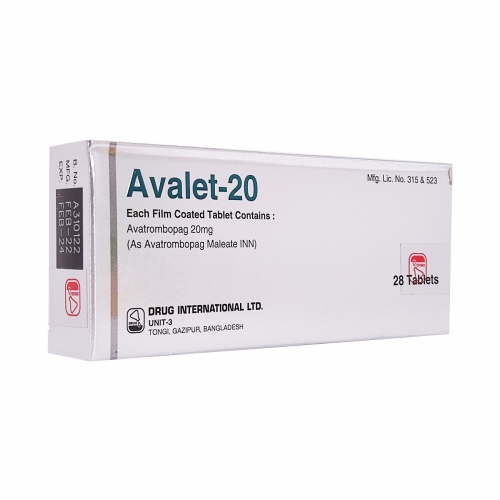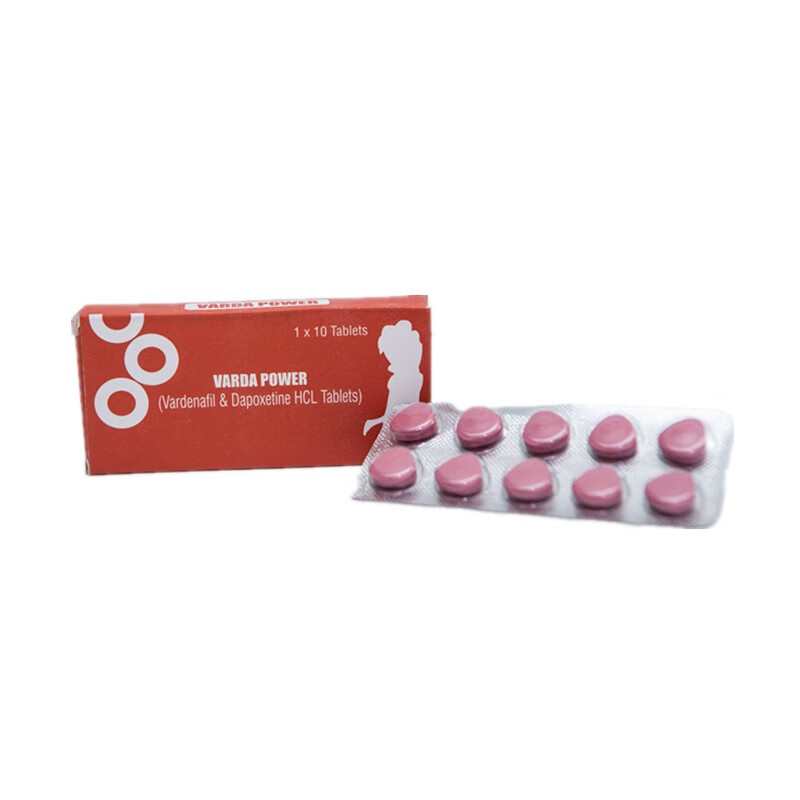Obeticholic Acid: A Treatment for Primary Biliary Cholangitis
Introduction
Obeticholic acid (OCA), also known as Obeticholic, is a medication used for the treatment of primary biliary cholangitis (PBC), a chronic liver disease characterized by the inflammation and destruction of the bile ducts in the liver. OCA belongs to a class of drugs known as farnesoid X receptor agonists, which have been shown to effectively alleviate the symptoms and slow down the progression of PBC. In this article, we will explore what Obeticholic acid is and how it is used in the management of primary biliary cholangitis.
1. What is Obeticholic Acid?
Obeticholic acid is a synthetic bile acid derivative that acts as a selective agonist for the farnesoid X receptor (FXR) in the liver and intestine. The FXR plays a crucial role in regulating the production and transport of bile acids, which are essential for the digestion and absorption of dietary fats. By activating the FXR, Obeticholic acid helps to reduce the synthesis and secretion of bile acids, thus decreasing their toxic accumulation in the liver. This mechanism of action helps to alleviate liver inflammation and fibrosis, which are key features of primary biliary cholangitis.
2. The Role of Obeticholic Acid in Primary Biliary Cholangitis
Primary biliary cholangitis is an autoimmune disease in which the body's immune system mistakenly attacks the small bile ducts in the liver, leading to their inflammation and destruction. Over time, this can result in the impairment of bile flow, liver damage, and the development of cirrhosis. Obeticholic acid, when used in combination with other standard therapies, has shown significant efficacy in the treatment of PBC.
By activating the FXR, Obeticholic acid helps to regulate bile acid synthesis, which reduces the toxic accumulation of bile acids in the liver cells. It also has anti-inflammatory properties, controlling the immune response that damages the bile ducts. Additionally, Obeticholic acid has been found to promote the regeneration of liver cells and inhibit the progression of fibrosis. These combined effects help to slow down the progression of PBC, alleviate symptoms, and improve liver function in affected individuals.
3. Administration and Considerations
Obeticholic acid is usually administered orally once daily. The recommended dose typically starts low and gradually increases over time. It is important to follow the prescribed dosing regimen and consult with a healthcare professional for proper guidance.
However, Obeticholic acid is not suitable for everyone. It may not be recommended or require dose adjustments in individuals with liver impairment or certain other medical conditions. Additionally, the medication has been associated with potential side effects, such as itching, fatigue, abdominal pain, and increased levels of cholesterol. Monitoring liver function and cholesterol levels are often necessary during treatment with Obeticholic acid.
4. Conclusion
Obeticholic acid, known by its brand name Obeticholic, is a medication used for the treatment of primary biliary cholangitis. As a farnesoid X receptor agonist, it plays a crucial role in regulating bile acid synthesis and reducing liver inflammation. By stimulating the FXR, Obeticholic acid helps to slow down the progression of PBC, improve liver function, and alleviate the symptoms associated with this chronic liver disease. It is important to consult with a healthcare professional for proper diagnosis, guidance, and monitoring while using this medication.

